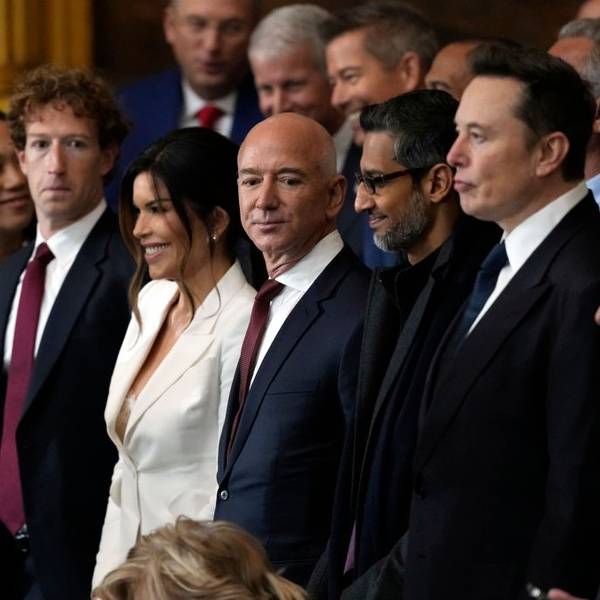The Supreme Court's attack on long-standing privacy rights via the Dobbs decision that overturned Roe v Wade comes at the same moment corporate lobby groups are pushing to restrict data privacy protections through a slate of new international trade agreements. If Big Tech gets their way in these pacts, many who seek and provide abortion services will be at increased risk of surveillance and criminal prosecution.
Even before Dobbs, civil rights, consumer, labor and other civil society organizations were starting to sound the alarm about digital trade agreements' likely adverse effects on data privacy and discrimination.
Post-Dobbs, numerous politicians and government officials have promised to track down and prosecute people who receive, provide, fund or otherwise assist with abortion services--even those conducted across state lines. In this hostile climate, some pro-choice organizations are, by necessity, encouraging individuals to take prudential measures to protect their privacy. Nobody who supports reproductive justice wants online paper trails such as medical records, financial statements, search histories, messaging, geolocation and more to be used to build a legal case against those who receive or provide abortions.
At the same time, unequal access to technology and information, coupled with the flat-out unreasonableness of expecting people to engage in perfect "spy craft" both pre- and post-abortion, point to the urgent need for municipalities, states and the federal government to adopt binding measures that better protect privacy for the long haul.
For this reason, and many others, it is crucial that the "digital trade" provisions proposed for upcoming pacts like the Indo-Pacific Economic Framework, U.S.-EU Trade and Technology Council, the Americas Partnership for Economic Prosperity and more not be allowed to restrict governments' ability to enact new data privacy measures, including those related to the collection, storage, transmission, trade and sale of people's personal information.
In recent years, as the U.S. and the world have begun grappling with how to best regulate Big Tech in areas such as consumer privacy, gig economy worker protections, antitrust and more, corporations have been quietly pushing for the adoption of rules in trade agreements that lock-in retrograde domestic digital governance policies and restrict new forms of regulation.
Such digital trade provisions undermine our privacy and data security by prohibiting limits on data flows and rules on the location of computing facilities. Today, our every move on the internet and via our cell phones is increasingly tracked, stored, bought and sold--as are interactions with the growing "internet of things" that we might not even know are tracking us nor have any feasible way of opting out from. To ensure privacy is better protected moving forward, upcoming trade pacts must not restrict governments from establishing rules that set conditions on how individuals' personal data may be collected, where it can be transmitted and where and how it is stored.
Insofar as state governments and other bad actors eventually turn to private corporations for aid in data tracking and analysis--using AI-based surveillance tools already used for predictive policing, sentencing recommendations and other law enforcement functions--pending trade rules that enable corporations to hide their sources codes and algorithms as so-called "trade secrets" are also potentially dangerous.
Trade deals like President Biden's signature IPEF initiative must not be allowed to repurpose "trade secrets" rules, or establish any other rules, that limit the ability of regulators, researchers, civil society and the public to review the underlying technology used by state and local governments to surveil people seeking and providing abortions. Nor should trade pacts in any way help shield corporations for liability from discriminatory conduct and civil rights violations.
Even before Dobbs, civil rights, consumer, labor and other civil society organizations were starting to sound the alarm about digital trade agreements' likely adverse effects on data privacy and discrimination. The recent Supreme Court decision further highlights the dangers of allowing international trade rules to restrict privacy protections.




